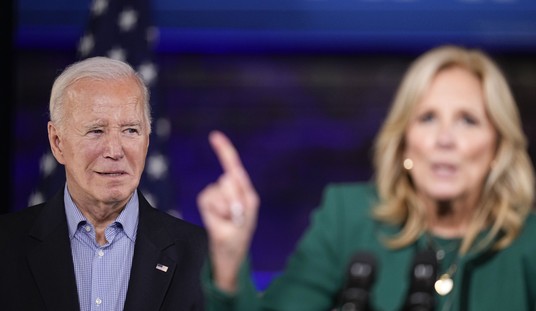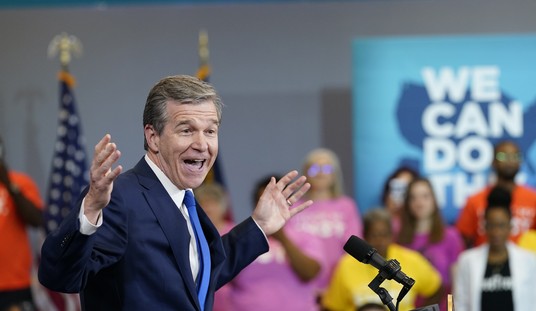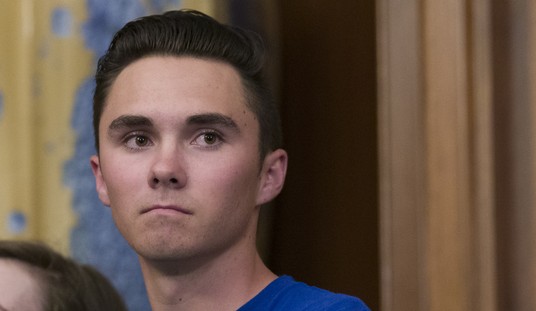Fox News analyst Dick Morris has repeatedly criticized President Obama for taking too many vacations in “East Coast elite” playgrounds like Martha’s Vineyard; for speaking out on the arrest of Harvard professor Henry Louis Gates when there was reasonable cause for suspicion; for playing basketball with NBA celebrities and doing an NCAA tournament bracket when he could have been working on more important things; and for going on expensive overseas family trips when the average family is struggling.
Morris has certainly had a successful career, advising both Democrats (Bill Clinton) and Republicans (Senate Majority Leader Trent Lott). And his point that style can sometimes reveal character flaws and/or absence of vision that hurts a leader is well-taken. But in this case, there is strong evidence that President Obama’s struggles in the polls are based on the inability to solve the real-world economic problems that are plaguing ordinary Americans. In short, the president’s lackluster approval ratings are based on substance, not style.
To recap, President Obama was elected in 2008 with 53% of the national popular vote, the best performance for a Democrat nominee since Lyndon Johnson won a record 61.1% in 1964. The president got off to an excellent start in his first six months in office with job approval ratings ranging from a low of 55% in May of 2009 to a high of 76% in the February 2009 CNN poll. In the summer of 2009, as the Tea Party began to organize in response to the president’s health care reform proposal, Mr. Obama’s polls began to dip into the low 50s and finally fell consistently just below the dangerous 50% level in July and August of 2009.
At the same time in the first half of 2009, the Great Recession that began in December of 2007 continued to take its toll on the economy. More than 10 million net private sector jobs were lost as the national unemployment rate reached 10% in the winter of 2010. The total number of Americans working peaked in the winter of 2007-08 at roughly 139 million. The economy finally hit bottom a year after President Obama took office with the number of Americans working down to just 127 million. That’s a stunning loss of 12 million jobs, the biggest decline since the Great Depression of the 1930s. Although the job market has recovered somewhat to an estimated 133 million Americans working in 2012, we’re still 6 million jobs below the previous peak. The economy is currently creating about 250,000 jobs per month. At that rate, it will be another two years to just get to the 2008 level, meaning this was a six-year jobs slump.
The president also has taken a hit in the polls on the health care issue. In March of 2010, Congress narrowly passed on a party-line vote a sweeping reform of the health care system that has been dubbed “ObamaCare.” Some parts of the package like letting students stay on their parents’ health care coverage while still in school or a ban on “pre-existing conditions” were quite popular, polling over 2-1 in public support. Other parts, like taxing some lucrative health care plans or requiring adults to purchase health insurance (the “individual mandate”), were not popular at all. From the beginning of the health care debate, Americans were sharply divided by party: Democrats supported the president’s plan, Republicans hated it, and independents were somewhere in the middle. I happen to support the plan. But the point is that a highly partisan, highly polarizing plan isn’t likely to win anyone plaudits as a bipartisan “unifier.”
Other factors in the president’s mid-range polls are the high price of gas and the continuing housing crisis.
Since the summer of 2009, President Obama’s job approval rating has reached 60% exactly once: in May of 2009 after the killing of Osama bin Laden was announced. Since then, his polls have been in the 45% to 55% range with opinions along predictable partisan lines — not terrible, but not really good either. A 50% job approval rating is good enough to get an incumbent re-elected as it did for George W. Bush in 2004, but that was an election won by one state (Ohio) in the Electoral College. Unless the president can either raise his job ratings or totally discredit his opponents in the fall, he’ll be facing a tough re-election race.
So, the president has been roughly 20 percentage points less popular for the past three years than he was at the start of his term. Is that because he hobnobs with celebrities in Hollywood or Nantucket during vacations? Or does it have more to do with the fact that 6 million fewer Americans have jobs, people are still losing their houses, and his health care plan is the subject of a Supreme Court case? Well, you make the call….









Join the conversation as a VIP Member